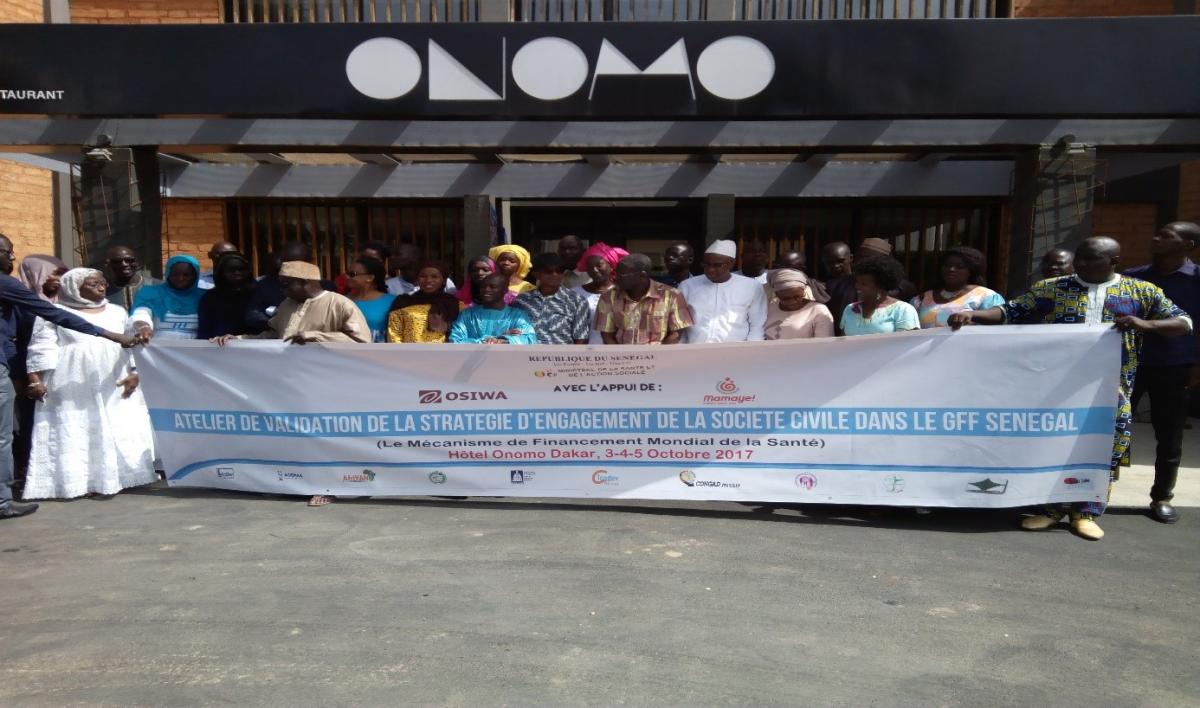Robust civil society engagement in the development of the Investment Case in Senegal
Senegal quickly understood the importance of engaging all actors, especially civil society, in preventing maternal, newborn and child deaths. The early engagement of civil society adds value to the generation of demand, the improvement of supply of health services, the enhancement of advocacy and, importantly, the involvement of citizens in monitoring progress and ensuring the accountability of all the actors.
Despite many efforts, Senegal has not reached Millennium Development Goals related to maternal and child mortality. In Senegal, every day, five women die of pregnancy and childbirth-related complication, and 80 children die. In addition, maternal, newborn and child mortality rates are 315 deaths per 100,000 live births (LB), 23 deaths per 1.000 LB and 59 deaths per 1.000 LB, respectively. These results are far below the Millennium Development Goals.
The capacity and commitment of the Senegalese government to foster inclusiveness and transparency can help address these challenges and ensure the success of processes inherent to the Global Financing Facility (GFF).
To seize this opportunity, Senegal’s diverse and inclusive civil society engaged in the GFF through the establishment of a coordination platform which enables them to speak with a common voice. As a result, following an induction workshop for country platform members, civil society’s engagement strategy was validated. Further, civil society also participated in the development of an action plan to address bottlenecks and improve reproductive, maternal, newborn, child and adolescent health (RMNCAH) per five focus areas:
- Strengthening the supply of RMNCAH services in disadvantaged and hard-to-reach areas, using advanced strategies, including mobile clinics;
- Generating demand to increase the use of RMNCAH services and address sociocultural barriers;
- Advocacy for the creation of an enabling environment for RMNCAH, and for the respect of human rights, particularly that of disadvantaged populations;
- Citizen oversight to monitor and review the effectiveness of commitments made by the government, technical and financial partners and civil society, as well as to measure the satisfaction of the population with a focus on disadvantaged groups; and
- Leveraging domestic and external resources to support Senegal in the implementation of the Investment Case.
To realize these commitments, civil society at global, regional and national levels is calling on governments, the GFF Secretariat, the GFF Investors Group, as well as technical and financial partners to help strengthen civil society engagement and provide support in the implementation of its action plan. Conversely, the GFF replenishment represents an opportunity to expand and strengthen an equitable and rights-based approach to ending preventable maternal, newborn and child deaths.

Senegal Civil Society